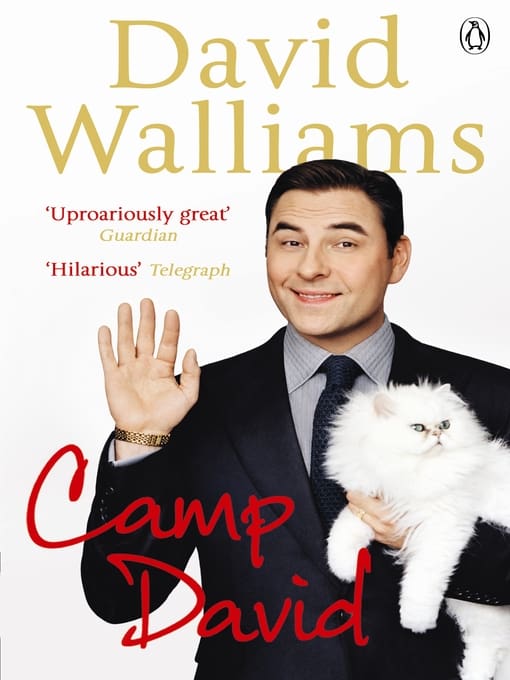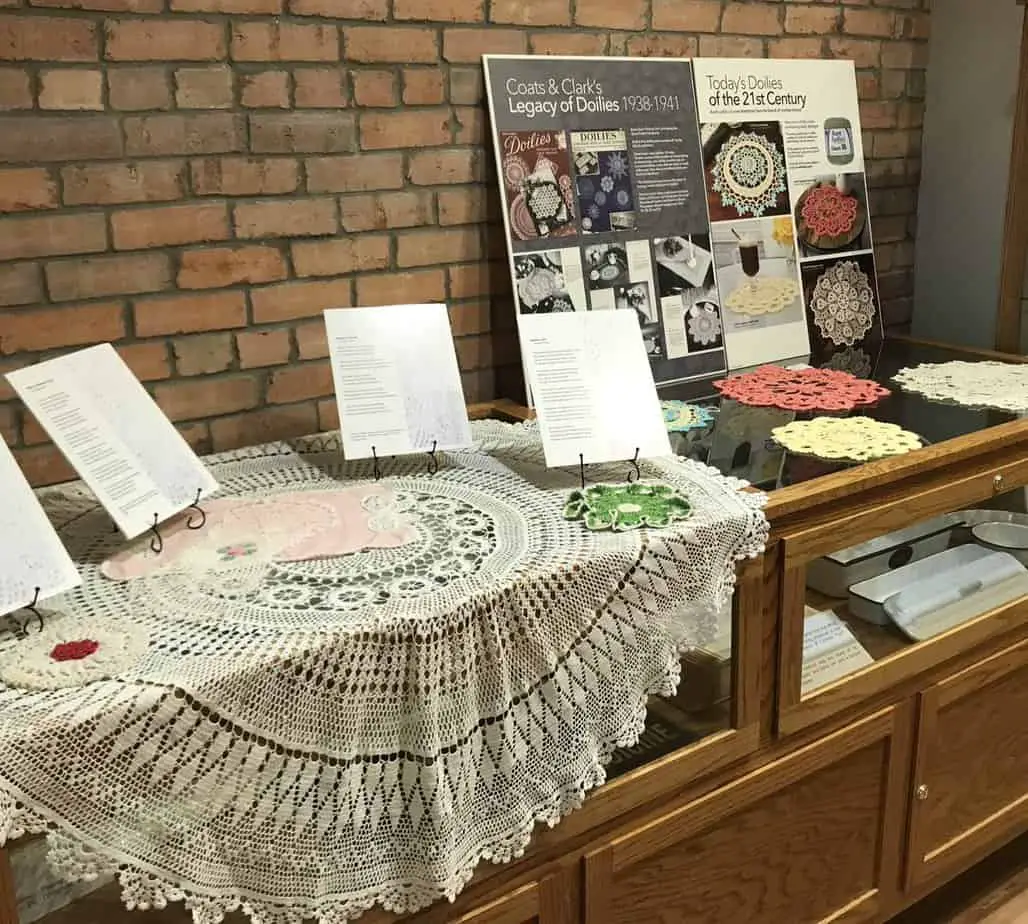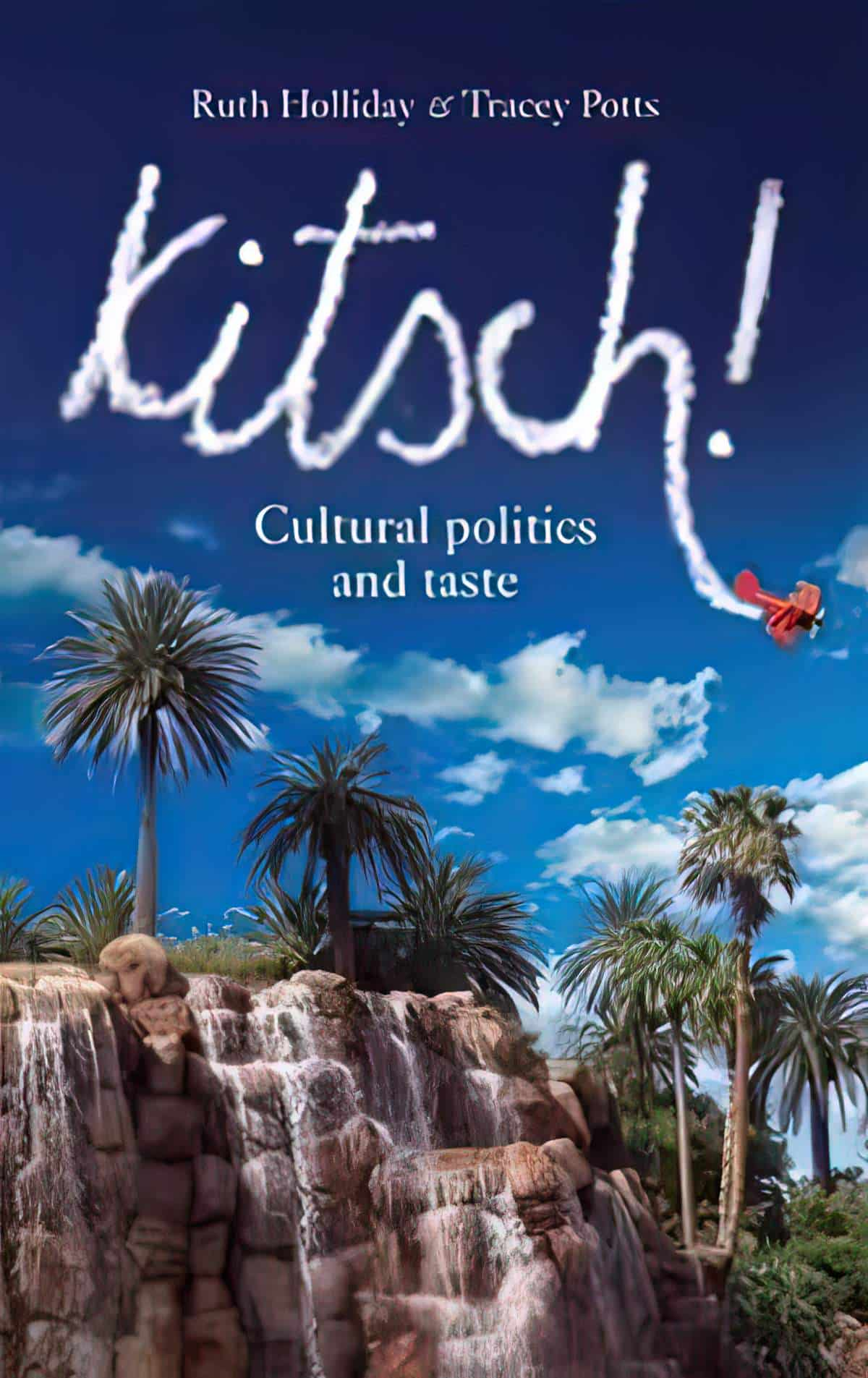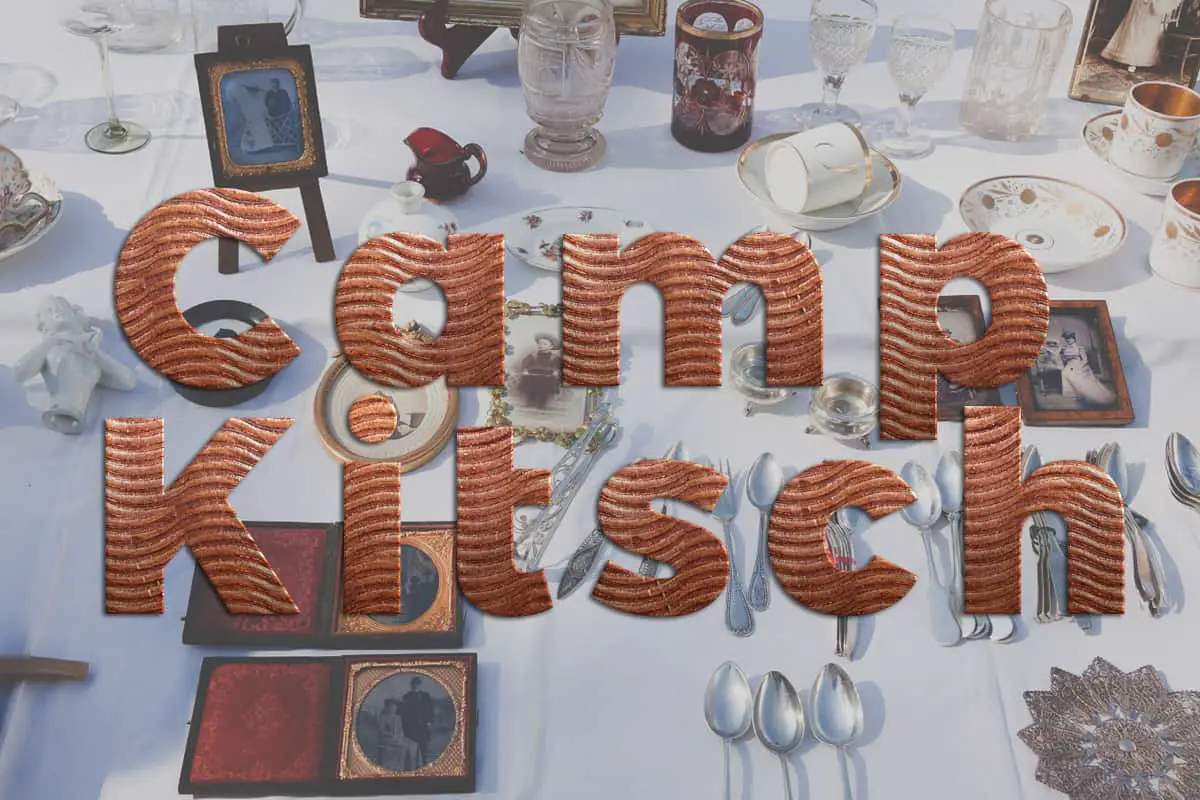What is the difference between ‘camp’ and ‘kitsch’? Camp is playful; kitsch is judgy.
CAMP: A PREFERENCE FOR REVERSAL AND REJECTION OF SINCERITY
I heard someone, can’t remember their name, I think it was on the NPR podcast Pop culture Happy Hour, call the Fast and the Furious franchise “straight camp.” It occurred to me, do straight people who were not in theater not know that camp isn’t exclusive to drag shows?
@fangirlJeanne 7:08 AM · Jul 13, 2021
Likewise, I was listening to a podcast recently — I think it was one of the 99% podcasts — when someone in interview started talking about something being ‘camp’ and I realised I have no idea what the word actually means. I thought it described the behaviour of stereotypically gay men, in relaxed, social mode. But no. I still had no idea what it meant, even after listening to a lengthy discussion about it in relation to architecture.
But then, a few weeks later, I came across ‘camp’ again in an essay about David Bowie:
Camp is notoriously hard to define, but in most conceptions it involves both a sense of doubleness — things are not merely what they seem to the naive viewer — and a preference for reversal — the very bad now reinterpreted as good. Camp makes most sense not as an aesthetic style — like classicism or modernism — but as a mode of apprehension or a hermeneutic. It is a way of understanding or interpreting the world. Historically, camp emerges in gay subculture where it functions as a kind of passive resistance to the straight world, much of the cynical humor of the Russians was a form of passive resistance to Stalinism…. Transvestitism for obvious reasons lends itself to camp interpretation, and the embrace of artifice over nature is a convention of camp taste… camp interpretation requires a lack of seriousness and the rejections of sincerity.
from Goth: Undead Subculture
(Hermeneutic is another word which I keep having to look up.)
This is probably the best description of camp that I have seen, because it describes how it relates to gay culture, while explaining in clear terms the wider context.

In her book about fairies, Troublesome Things, Diane Purkiss describes the practice of purchasing fairy items and jewellery for little girls: “The parents I know justify the purchase of this lavishly doubtful product by using the phrases ‘camp’ and ‘tongue-in-cheek’ a lot, by which they mean that the violation of taste canons is so glaring as to be no threat.“
In children’s literature we don’t tend to use the word camp to describe this ‘reversal’ of the established order; we use the term carnivalesque. Though they are slightly different, I now consider them very much related as concepts.
Hetereosexual Camp Things In Modern Culture from The Toast
KITSCH: CRAP THAT PEOPLE UNACCOUNTABLY LIKE
Another word I have trouble defining: kitsch.
Fantasy has a problem – it is inherently kitsch. What do I mean by kitsch? Crap that people unaccountably like. The dictionary defines kitsch as tawdry, vulgarised or pretentious art usually with popular or sentimental appeal. Unicorns, wizards, put upon young wretches who come to be great mages, haughty princesses, riders in dark cloaks – Robert Jordan, if you want it summed up in two words.
io9
Kitsch: Feminine, childish, camp, primitive but also decadent. Are your alarm bells ringing at this point? Are you thinking, perhaps, that if ‘feminine’ and ‘primitive’ things are deemed kitsch, some reprehensible, misogynistic, racist power politics are at play? Ding! You’re right.
The 1950s was a kitsch era, mostly because of new technologies, especially objects made from plastics. For the first time, things could be easily copied. Don’t have gold? Use gold coloured plastic. Now we have ‘fake’ and ‘deceptive’ objects made of a material which has simply been moulded to form the shape of its original. Even without the ‘fake’ connotation, it’s enough to be reproduced.
There is an inherent snobbishness in the word kitsch. To deem something kitsch is to remove the idea that there’s some inherent beauty in the object itself. ‘Kitsch’ is a judgement in the mind of someone deciding whether something is worthy or not. If one person says something is beautiful, that doesn’t mean much. ‘Rational men’ must basically agree on what is beautiful or not. And anyone who doesn’t agree has defective reasoning. Just ask Kant. People with the most power decide what is beautiful. Anything that isn’t beautiful (but which randos unaccountably like) is deemed ‘kitsch’. I mean, there was a linguistic hole.
Critics’ widespread distaste toward kitsch springs from an unwillingness to tolerate any kind of emotion that is seen as too sentimental or “sweet.”
The Problem of Kitsch by Maranda Bennett (who argues against this idea)
Kitsch isn’t just a distinction between ‘good taste’ and ‘bad taste’. There’s also ‘good bad taste’. Some people have a ‘cool orientation’ to kitsch. Cool kitsch: flying ducks on the wall in an otherwise modernist apartment. Ironic kitsch. You can only have one kitsch item in a room, otherwise people might think you’re kitsch in the uncool way.
So what’s the opposite of kitsch?
Beautiful, according to the most powerful demographics: The people with the money and social capital.
In going the other way, in trying too hard to be ‘realistic’, honest, gritty or meaningful we end up over-reaching ourselves and the monster eats us anyway.
There. Now I have a definition for ‘gritty’. I’m just going to say it’s the ‘opposite of kitsch’ and be done with it.

RELATED
Cute and kitsch – Laurie Taylor asks why objects and phenomenon which come under these headings have such a hold and a fascination, from BBC4
KITSCH BY RUTH HOLLIDAY AND TRACEY POTTS (2012)

Kitsch! examines how the idea of kitsch is mobilised – progressively, as bad taste, as camp and as cool – to inform notions of identity and sensibility. The figure of ‘kitsch man’ – a degenerate with politically dubious taste – looms large in the extant biography of kitsch and is here shown to be gendered, racialized and classed. Where most studies proceed from the kitsch object, this book takes the moment of aesthetic judgement as its starting point and attempts to identify the ideological work performed by the category itself, especially as kitsch enters a seemingly more casual phase of its life-course. The book poses the strongest challenge to those who argue that taste is democratised in contemporary culture, offering ample evidence that judgements of taste have shifted ground rather than relaxed.
Above all, the story of kitsch proposed by the authors is intended to disturb kitsch’s reputation as the source of a ready-made sensibility and politics. Kitsch has a history and not, as it has been supposed, an essence and is consequently the site of love, hate, joy, exasperation, irony, nausea and all of the twisted possibilities between.

